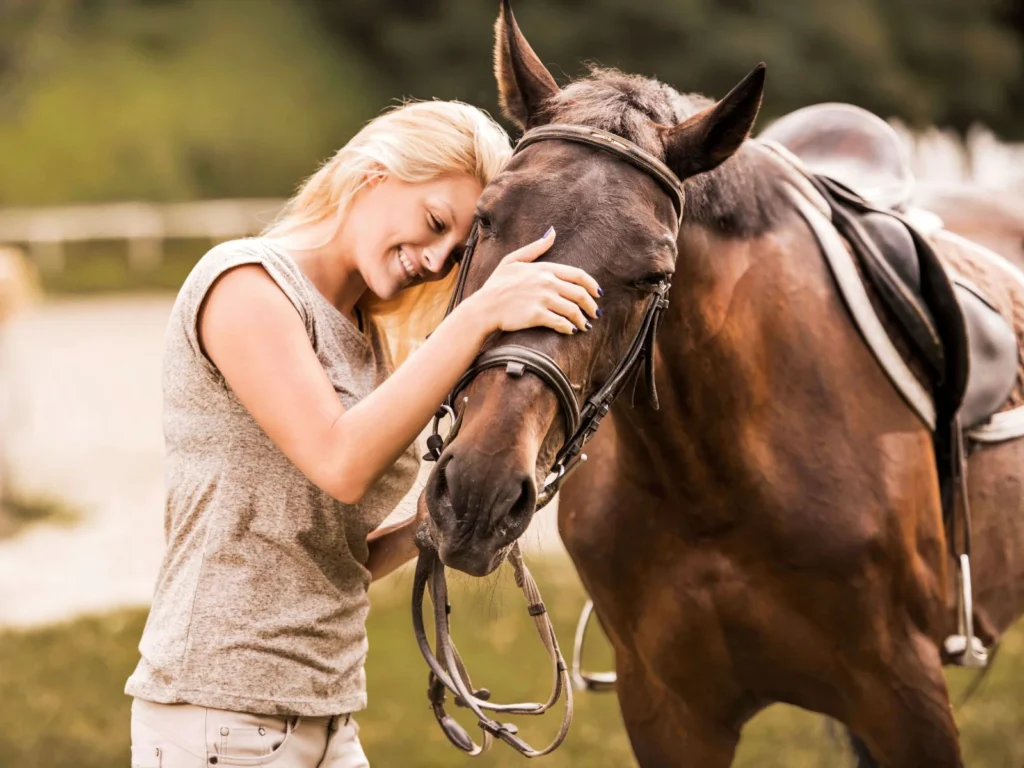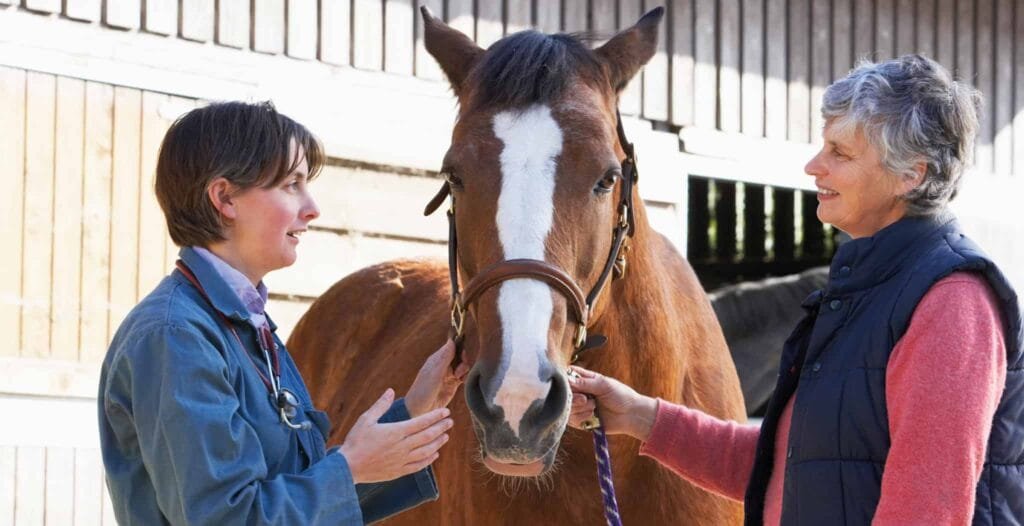Buying a horse is an exciting adventure—but it’s also a big decision.
Horses aren’t just pets; they’re partners that need time, care, and commitment. Whether you’re a first-time buyer or getting back into the horse world, it’s important to be prepared, informed, and realistic about your needs and expectations.
Here are some practical tips to help make your horse-buying journey smoother, safer, and more successful.
1. Know What You Want—and Need
Before you start browsing listings, take some time to think about what you’re really looking for in a horse.
Ask yourself:
- What’s my riding level? (Beginner, intermediate, advanced)
- What do I want to do with this horse? (Trail rides, jumping, dressage, ranch work, etc.)
- Do I want a young horse to train or an older, experienced partner?
- What size and temperament suits me best?
Being clear about your goals will help narrow your search and avoid mismatches.
2. Set a Realistic Budget
Buying a horse isn’t just about the purchase price. There are ongoing costs to keep in mind, such as:
- Boarding or stable fees
- Feed and supplements
- Farrier (hoof care) every 6–8 weeks
- Vet bills (routine and emergency)
- Tack, grooming supplies, blankets, etc.
- Training or riding lessons
Make sure your budget includes both the initial cost and the monthly upkeep. It’s better to buy a horse you can comfortably care for than stretch your finances too thin.
3. Do Your Research
Once you know your budget and needs, it’s time to start looking. Use trusted sources:
- Reputable breeders or trainers
- Horse rescues and adoption programs
- Online marketplaces (check reviews and seller credibility)
- Word of mouth through riding clubs or instructors
Be wary of deals that seem too good to be true. Sadly, some sellers don’t always share the full truth about a horse’s health, age, or behavior.
4. Always Get a Pre-Purchase Exam (Vet Check)
A pre-purchase exam by a qualified equine veterinarian is a must—no matter how perfect the horse seems. This check can uncover issues like:
- Lameness
- Joint or hoof problems
- Dental issues
- Past injuries or conditions
It’s better to spend money on an exam than deal with expensive problems later. You can even ask the vet to tailor the exam based on how you plan to use the horse (e.g., jumping vs. trail riding).
5. Try Before You Buy
Whenever possible, go see the horse in person—and ride or handle them if it’s safe to do so. Watch how the horse:
- Responds to grooming and tacking up
- Behaves under saddle
- Interacts with people and other horses
If you’re a beginner, bring a knowledgeable trainer or friend to help evaluate the horse. A second opinion can be extremely valuable.

6. Ask the Right Questions
Don’t be shy about asking the seller questions like:
- How long have you owned the horse?
- What is the horse’s health history?
- What kind of work has the horse done?
- Any vices (bucking, biting, bolting, etc.)?
- What’s the horse like with the vet, farrier, or on trail?
Good sellers will be open and honest. If they dodge questions or pressure you to decide fast, that’s a red flag.
7. Think Long-Term
Horses can live 25–30 years or more. While your goals might change over time, try to choose a horse that can grow with you—or be happy doing what you want now.
Also, ask yourself:
- Can I care for this horse if my situation changes?
- Do I have a backup plan for emergencies or boarding changes?
Having a long-term mindset helps you make more thoughtful decisions.
8. Prepare Before You Bring Them Home
Make sure your barn, paddock, or boarding facility is ready before your horse arrives. Have essentials on hand like:
- Hay and clean water
- A safe shelter or stall
- Grooming tools and tack
- Fencing that’s horse-safe
- A feeding and care routine planned
Also, line up a farrier and a vet in your area in advance. You’ll feel way more confident knowing everything is in place.
Buying a horse is one of the most rewarding experiences—but it comes with real responsibilities. The more time you spend planning, researching, and learning, the better the match will be—for you and your new horse.
Take your time, ask questions, and never be afraid to walk away from a deal that doesn’t feel right. The perfect partner is out there, and when you find the right one, it’s all worth it.




